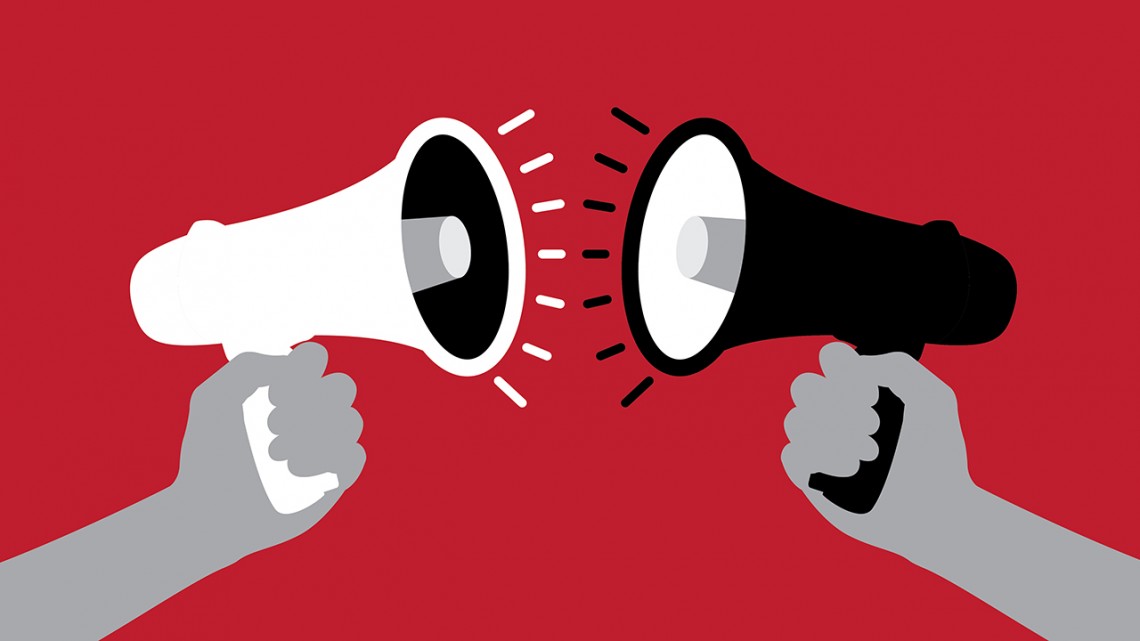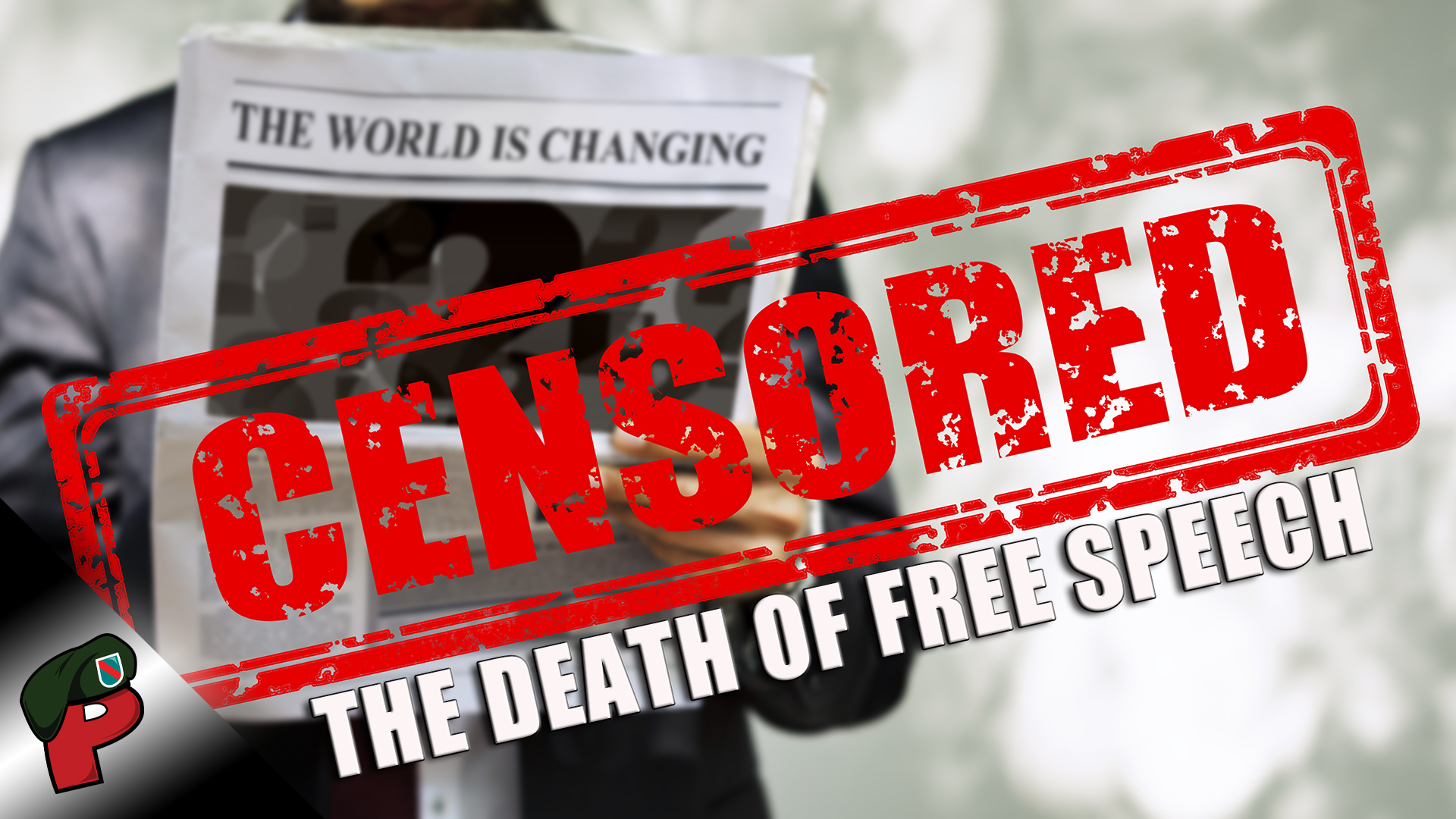
We now have significantly broader power to call out things we feel are unjust and share our own personal experiences.
Free speek free#
We didn’t get the broad free speech protections we have now until the 1960s, when the Supreme Court ruled in opinions like New York Times vs Sullivan that you can criticize public figures as long as you’re not doing so with actual malice, even if what you’re saying is false. The standard later shifted so it became okay as long as you could prove your critique was true. Libel laws used to impose damages if you wrote something negative about someone, even if it was true. Our ability to call out things we felt were wrong also used to be much more restricted.

Back then, the First Amendment only applied to the federal government, and states could and often did restrict your right to speak. The first Supreme Court case to seriously consider free speech and the First Amendment was in 1919, Schenk vs the United States. Many Americans know about the Enlightenment history and how we enshrined the First Amendment in our constitution, but fewer know how dramatically our cultural norms and legal protections have expanded, even in recent history. Our idea of free expression has become much broader over even the last 100 years. And we’re already hearing from voices in those countries that had been excluded just because they were women, or they believed in democracy. This year alone, people have used their voices to end multiple long-running dictatorships in Northern Africa. The most repressive societies have always restricted speech the most - and when people are finally able to speak, they often call for change. We’ve seen this globally too, where the ability to speak freely has been central in the fight for democracy worldwide. Civil rights leaders argued time and again that their protests were protected free expression, and one noted: “nearly all the cases involving the civil rights movement were decided on First Amendment grounds”. He said “slavery cannot tolerate free speech”. Frederick Douglass once called free expression “the great moral renovator of society”. We’ve seen this in the civil rights movement. Throughout history, we’ve seen how being able to use your voice helps people come together. Today I want to talk about why, and some important choices we face around free expression. More people across the spectrum believe that achieving the political outcomes they think matter is more important than every person having a voice. Some people believe giving more people a voice is driving division rather than bringing us together. And our mutual commitment to each other - that we hold each others’ right to express our views and be heard above our own desire to always get the outcomes we want - is how we make progress together.īut this view is increasingly being challenged. More people being able to share their perspectives has always been necessary to build a more inclusive society. We’ve seen this throughout history, even if it doesn’t feel that way today. These two simple ideas - voice and inclusion - go hand in hand. Since then, I’ve focused on building services to do two things: give people voice, and bring people together. It taught me that while the world’s attention focuses on major events and institutions, the bigger story is that most progress in our lives comes from regular people having more of a voice. When students got to express who they were and what mattered to them, they organized more social events, started more businesses, and even challenged some established ways of doing things on campus.

Those early years shaped my belief that giving everyone a voice empowers the powerless and pushes society to be better over time.īack then, I was building an early version of Facebook for my community, and I got to see my beliefs play out at smaller scale. I remember feeling that if more people had a voice to share their experiences, maybe things would have gone differently. The toll on soldiers, families and our national psyche was severe, and most of us felt powerless to stop it. It felt like we were acting without hearing a lot of important perspectives. When I was in college, our country had just gone to war in Iraq. He was a powerful voice for equality, social progress and bringing people together. It’s great to be here at Georgetown with all of you today.īefore we get started, I want to acknowledge that today we lost an icon, Elijah Cummings.


 0 kommentar(er)
0 kommentar(er)
